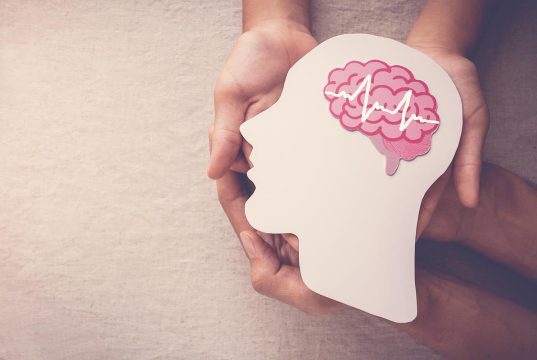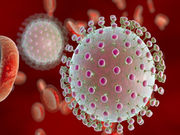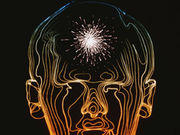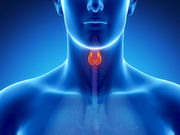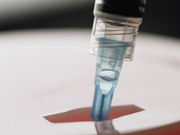AAP Issues New Guidelines for ID, Treatment of HTN in Children
Simplified tables from American Academy of Pediatrics likely to raise detection rates
Higher BMI in Childhood Linked to Adult Stroke Risk
Increased risk of early adult ischemic stroke with increase in BMI z score from ages 7 to 13 years
Zika Thrives in Pregnancy Due to Vulnerable Immune System
Study demonstrates effects of infection with different lineages of Zika virus on monocytes
Lower SBP Target for Blacks May Benefit Cognitive Function
Researchers find that healthy reductions may benefit blacks even more than whites
Transcranial Magnetic Stimulation Aids PTSD in Eating Disorders
Lower PTSD checklist-Civilian scores with rTMS of dorsomedial prefrontal cortex
Hours Worked Impacted by Kids for Female, Not Male Doctors
Findings from a national sample of dual-physician couples
Visual Dysfunction Tied to Poor Cognitive Function in Seniors
Association identified using data from two nationally representative samples
Telehealth Feasible for Parkinson’s Care
Online visits saved patients more than two hours and 100 miles of driving, researchers found
Radioiodine Therapy for Thyroid Cancer Doesn’t Up Stroke Risk
I-131 therapy group showed no significantly higher risk of ischemic or hemorrhagic stroke
Evolocumab Doesn’t Affect Cognition When Added to Statins
No significant between-group difference for patients receiving evolocumab or placebo added to statins


